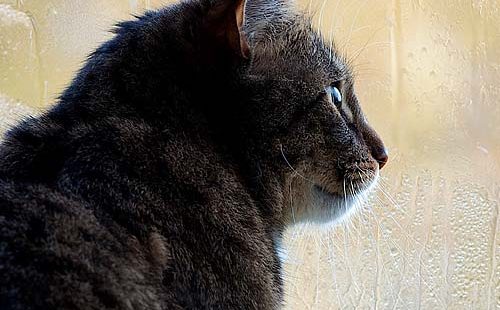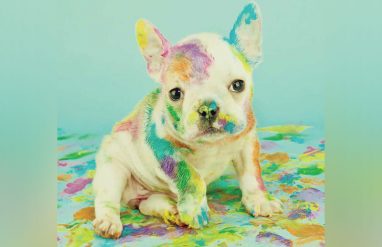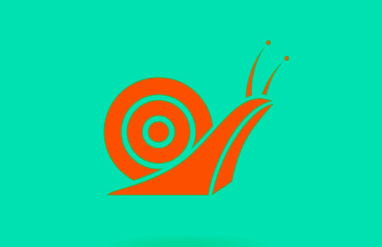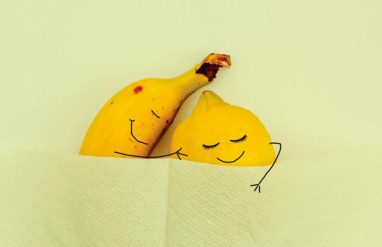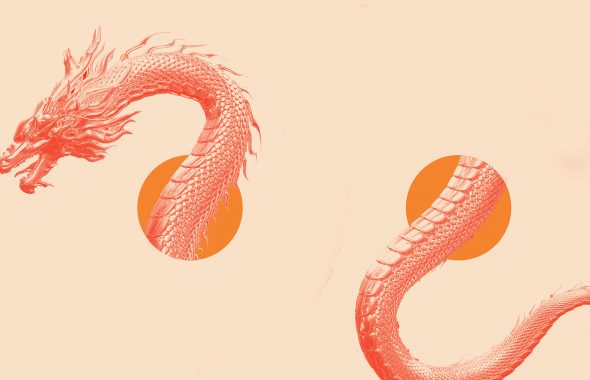To rain cats and dogs
This phrase means “to rain very heavily,” but why cats and dogs? Despite the fact that these two animals generally prefer to keep their distance from one another, cats and dogs have been paired in expressions to evoke strife or hostility since the 1570s. Their coupling in this tempestuous expression could be a gesture toward the inhospitable conditions a heavy rainstorm produces. The phrase first appeared as “it shall raine..Dogs and Polecats.” Polecats might refer to ferrets or skunks.
